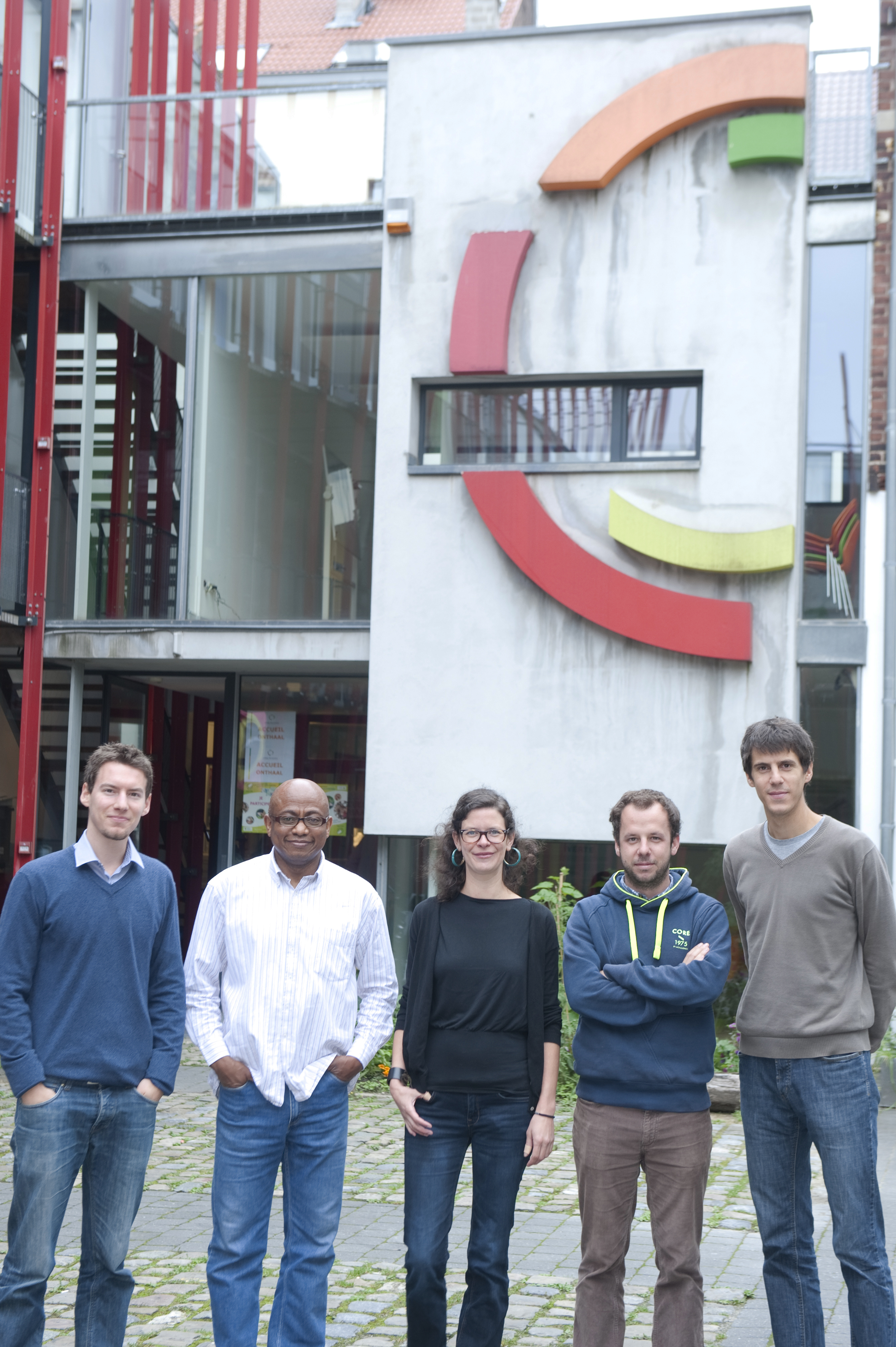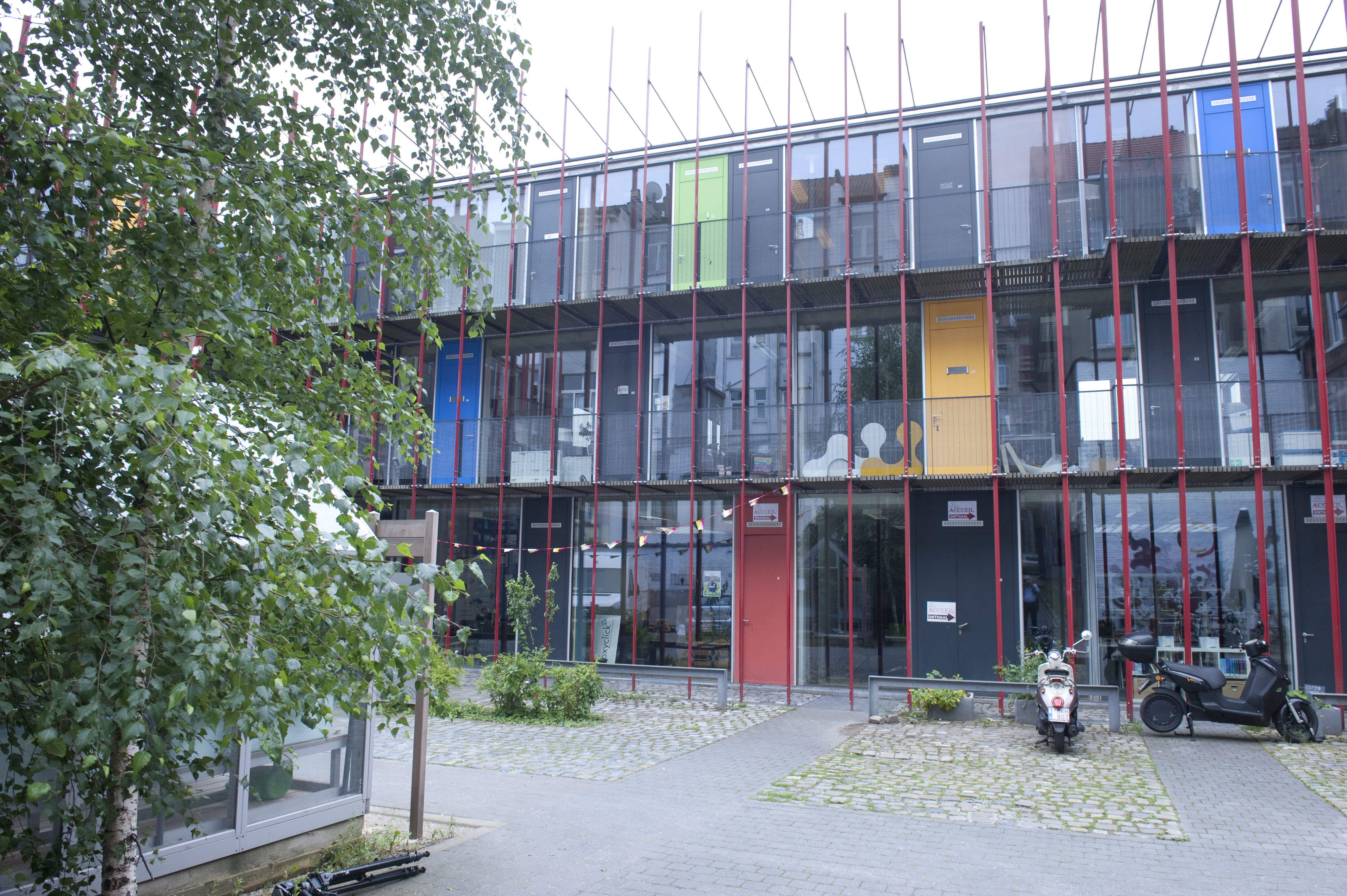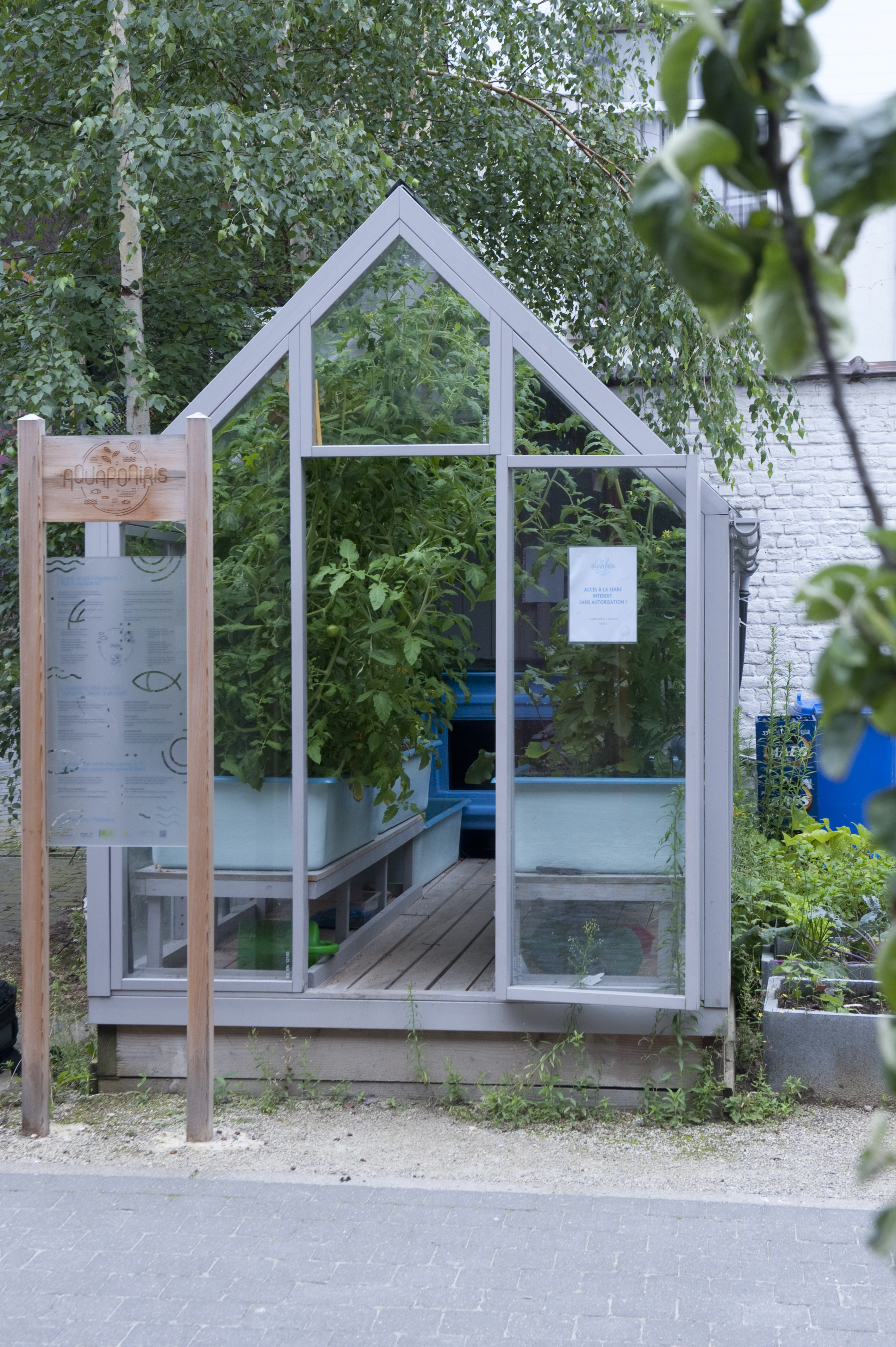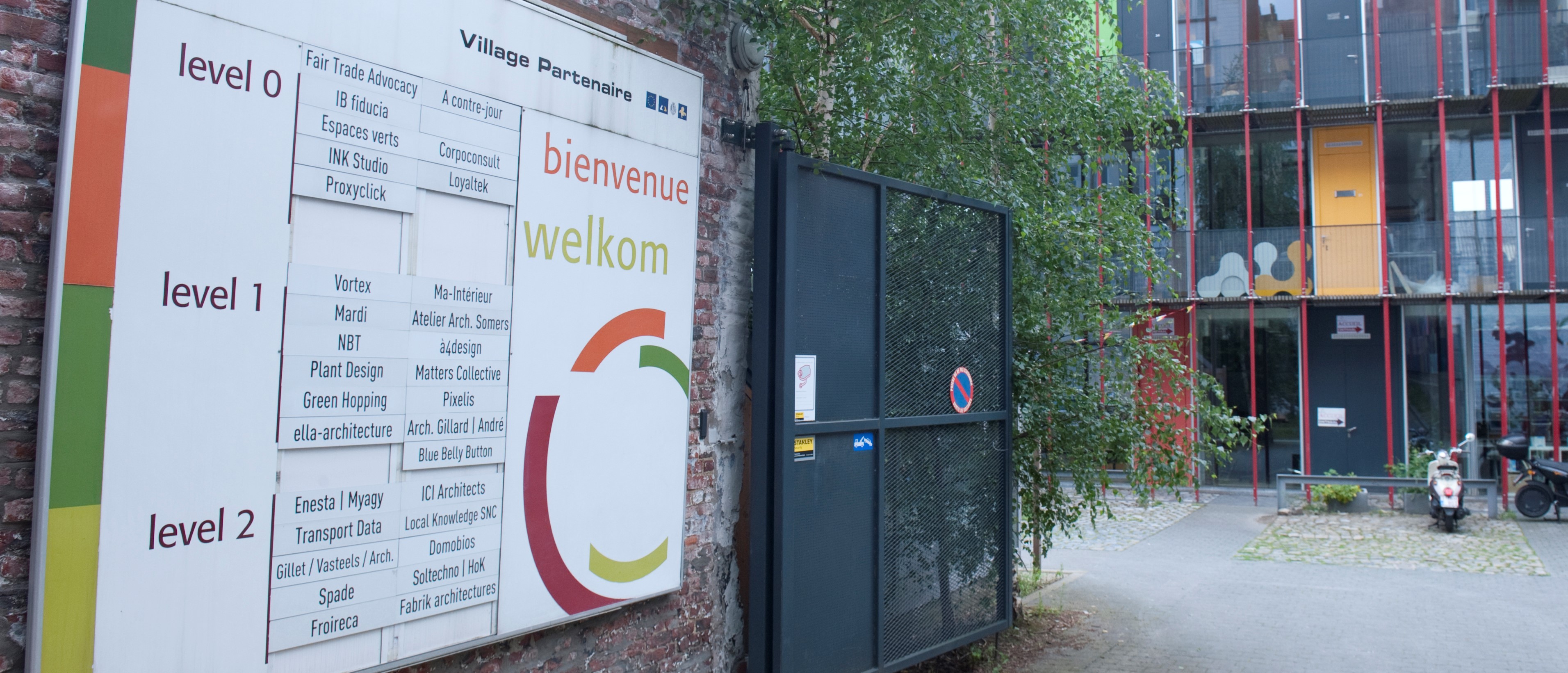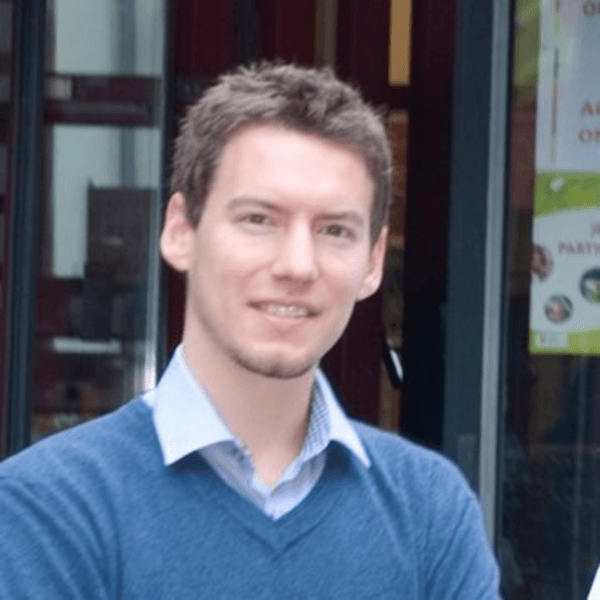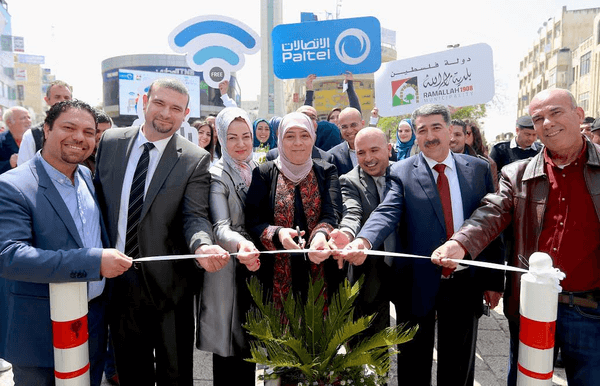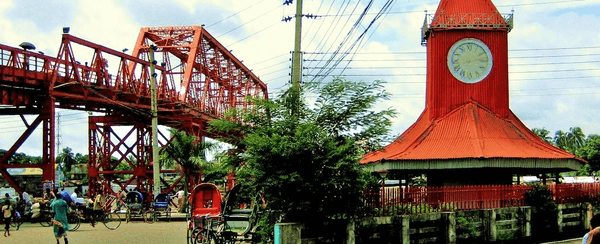City
Brussels Capital Region
Main actors
City Government, NGO / Philanthropy
Project area
Neighborhood or district
Duration
2008 - 2014
In Brussels Capital Region, micro-grants have been used to support the growth of green businesses in disadvantaged areas, and encourage new and aspiring entrepreneurs.
Village Finance is a non-profit fund designed to support the development of green and social enterprises in the city’s poorest areas and create new, sustainable jobs. Village Finance mainly provides grants to entrepreneurs starting out who lack financial resources and would not qualify for loans in a commercial bank. In addition, a range of expert organisations collaborate with Village Finance to provide free advice and support to new entrepreneurs on specific topics related to their business.
The programme invests in projects that will have a positive impact on the local environment and the potential to create long term employment. Since the beginning of the programme 181 new jobs have been created. Village Finance encourages local economic development by informing the local population about the new businesses and encouraging the grant beneficiaries to hire people from the target neighbourhoods.
The initiative is co-funded by the European Regional Development Fund ; a new version of the project is under assessment for the ERDF funding period 2014-2020.
Originally published by EUROCITIES, the network of 130 European cities - PDF: http://nws.eurocities.eu/MediaShell/media/353-green-web_final.pdf
External links / documents
On Map
The Map will be displayed after accepting cookie policy
